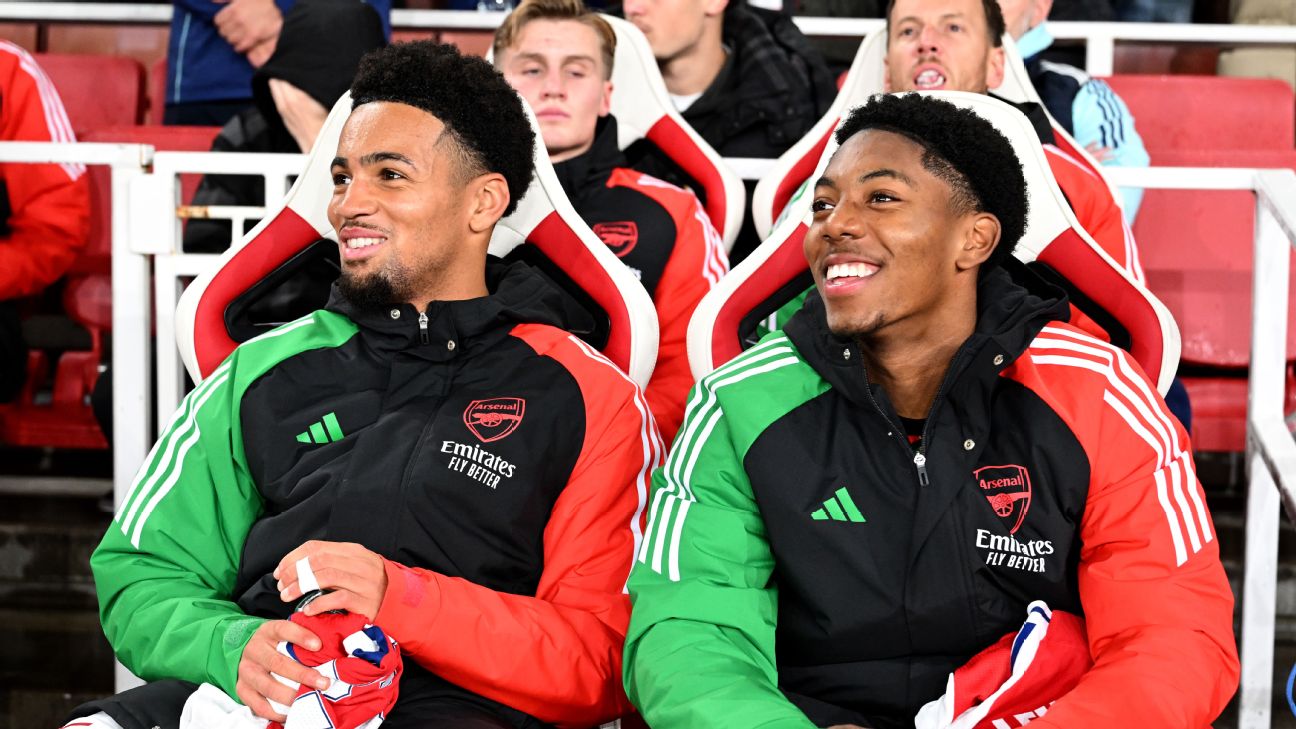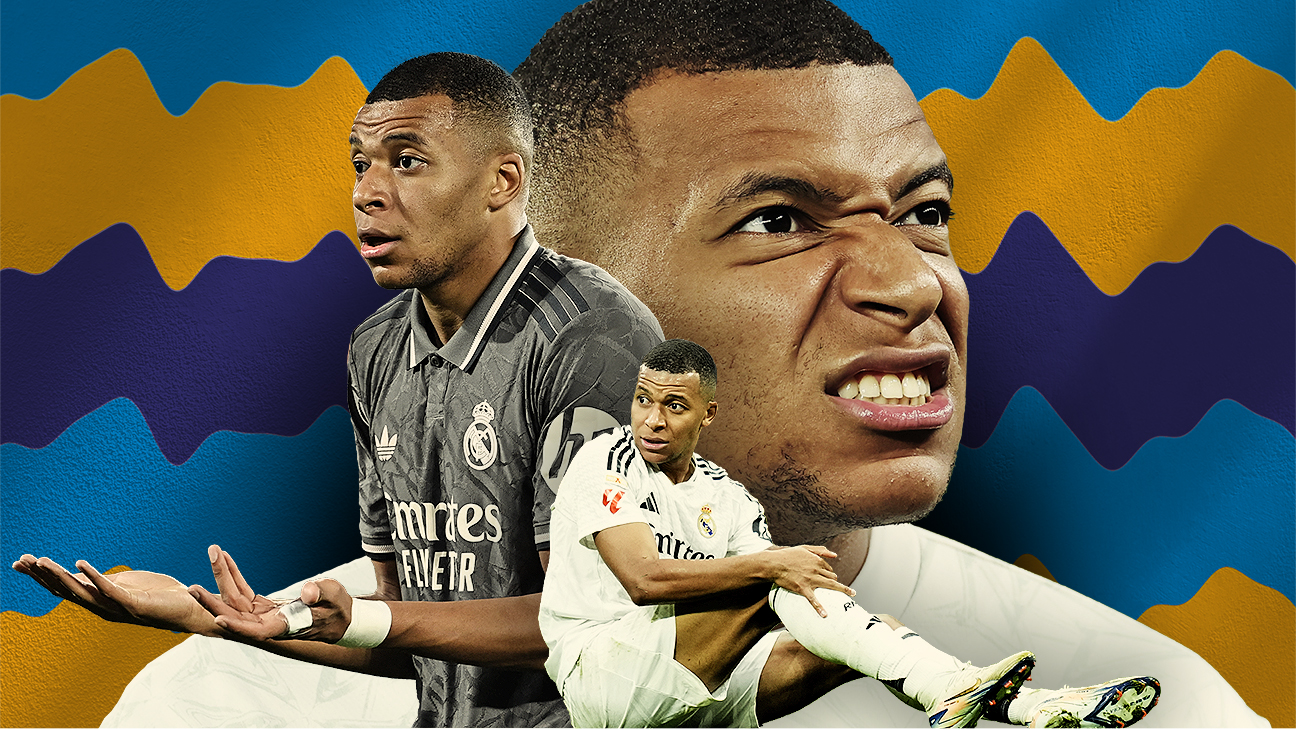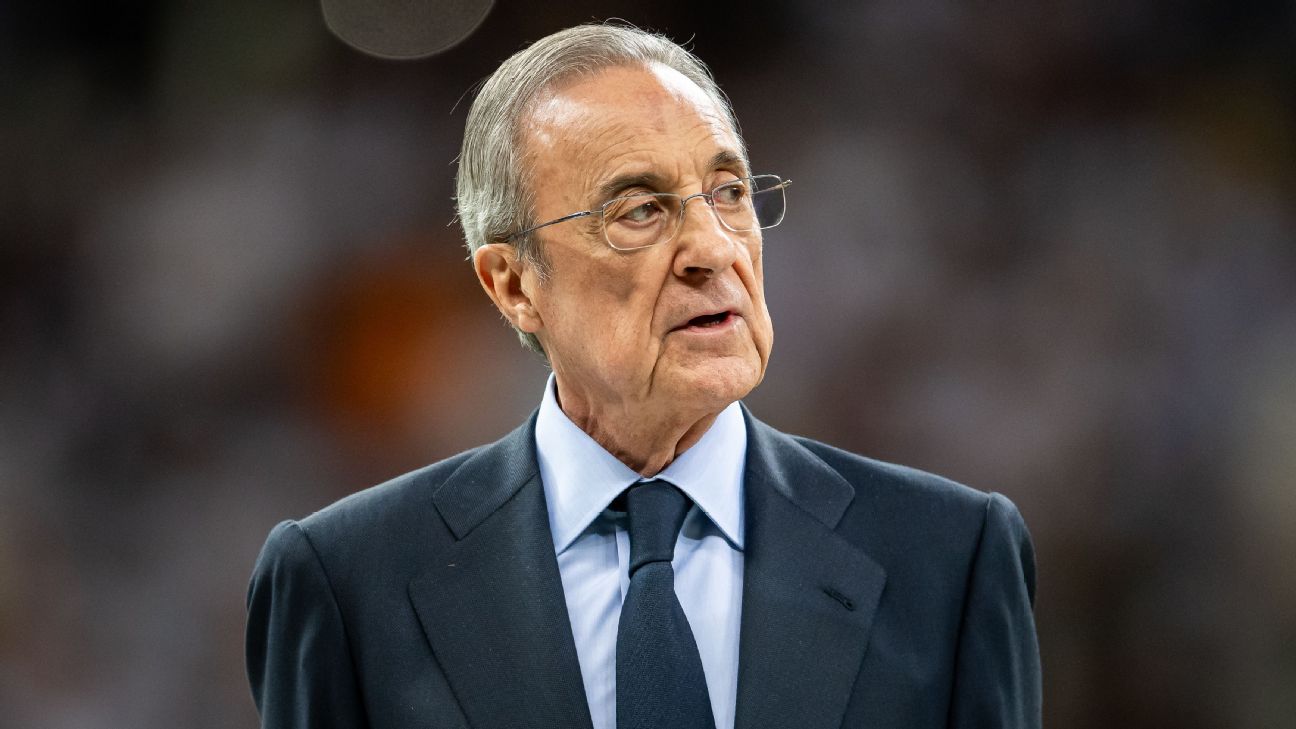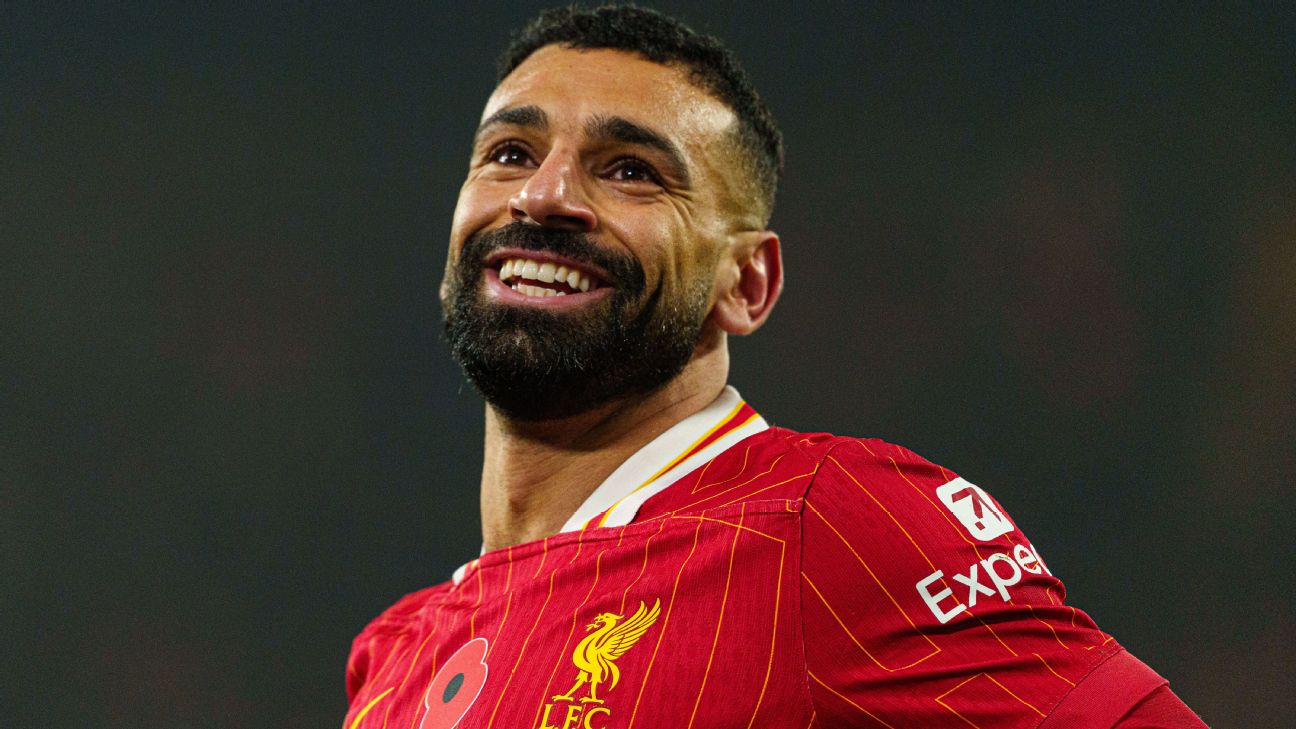Arsenal operate with a smaller squad than most, and this season has seen manager Mikel Arteta call a number of youth-team players onto his bench as backup. With injuries to stars like Martin Ødegaard, Gabriel Magalhães, Riccardo Calafiori and Jurriën Timber to worry about, it could be sooner than later that we see some of them called into Premier League action, so what do you need to know?
Ahead of Wednesday’s clash with Preston in the Carabao Cup, here is a look at some teenagers who have made the breakthrough into the first-team squad this season — we have left out talented midfielder Ethan Nwaneri as, even though he is still only 17, he has established himself already.
Myles Lewis-Skelly, 18, LB/DM/CM
The first in line for a breakthrough, alongside 21-year-old central midfielder Salah-Eddine Oulad M’Hand, Lewis-Skelly has already seen minutes in three senior competitions for Arsenal this season. Not only was he rewarded with a start in the Carabao Cup against Bolton in September, in which he impressed at left-back, but he also came on late vs. Paris Saint-Germain in the Champions League. Arteta even trusted the youngster in the frenzied last minutes of the Premier League encounter at Manchester City while trying to hold a lead with 10 men — when he was actually booked before even stepping foot on the pitch.
Whether he is best equipped to play as a No. 6 or No. 8 midfielder, or even as a left-back, is a question still to be answered, but the England under-19 international does appear to be developing most of the tools to succeed in both roles.
As a holding midfielder, Lewis-Skelly takes few risks, shields the ball well with his body and his excellent coordination. Put with fine dribbling skills, that sees him escape pressure and crowded areas with the ball at his feet. When used further up the pitch, he links with his forwards and his decision-making is of a standard usually associated with more senior players.
On early evidence, Lewis-Skelly does look to be a player destined for a bright future in the game for club and country.
Ismeal Kabia, 18, FW
While Kabia might have gone under the radar due to recurring injuries, his impact for the under-21 side this season has been impressive enough to suggest that he could soon see his first Premier League minutes (in addition to his recent cameo in the Carabao Cup and being named among the substitutes in the North London derby.)
Indeed, the 18-year-old — who just signed his first professional contract — possesses some rather spectacular attributes. More than anything, his acceleration from a standing position is nothing short of remarkable. Though he could still do with some added upper-body strength to withstand challenges, Kabia’s dribbles down the right wing are a sight to behold. Nimble and quick on the turn, he is a tricky customer for opposing left-backs and chances are that Arteta will want to see what impact the Dutchman can make against more seasoned adversaries.
Ayden Heaven, 18, CB/CM
One of Arsenal’s academy graduates who drew praise from Arteta during preseason, Heaven mostly played in midfield (as a No. 6 or No. 8) during his early years but his future role is likely to be in defence as the England U19 international seeks regular first-team football.
His upbringing as a midfielder does show; Heaven is comfortable on the ball, doesn’t rush in possession, and his left-footed distribution is usually of a fine standard. However, while composure is a great asset for a teenager to possess, he can sometimes appear too casual on the ball and increased faith in his right foot when playing out from the back, paired with a tad more urgency, might be needed if he is to progress.
Maldini Kacurri, 19, CB
Named after legendary former AC Milan and Italy captain Paolo Maldini, Kacurri is a disrupter in more than one sense of the word. There is a trend at elite club academies of churning out cultured defenders, with brilliant passing skills and technique like midfielders. But the Albania U19 international is every bit a throwback centre-back who enjoys the physical aspects of the job and “assertive” may not do justice to his style. He fearlessly goes into challenges with total commitment, be it through an uncompromising tackle or emphatic shoulder charge.
Kacurri is more than just physical though, he’s quick too — especially over longer distances — and his powerful right foot sees him able to hit impressive long passes. Though the competition for a first-team spot in the heart of defence is ruthless (with William Saliba and Gabriel Magalhães starring), Kacurri has already reached a couple of important milestones since the start of the season: in September he ticked off his first-team debut with 20 minutes against Bolton in the Carabao Cup and he just received his first call-up for Albania’s U21 side.
Josh Nichols, 18, RB
Following a string of promising performances in the UEFA Youth League last season, Nichols was drafted in to the first-team squad for preseason and played the full 90 minutes vs. Bolton in the Carabao Cup in September.
The 18-year-old has spent nearly a decade at Hale End, joining the academy at the age of nine. Though he’s made his name at right-back, he started his footballing trajectory as a forward and his skills on the ball are clearly inherited from his formative years. While his attacking inclination and front-foot enthusiasm may generate the most attention, he’s also becoming a reliable defender; quick to close down a threat and, by way of his excellent pace, nipping in to pinch the ball in front of an opponent.
Much like fellow right-back Josh Robinson (who made the squad for the PSG game), at this point in his development, Nichols is arguably ripe for a loan move to a Championship side (or even abroad) for even stronger competition than he faces in the U21s.
Jack Porter, 16, GK
With David Raya and new signing Tommy Setford injured, and AFC Bournemouth loanee Neto cup-tied, Porter was thrown in at the deep end to start against Bolton. Indeed, at 16 years and 72 days, he became the youngest-ever starting debutant for Arsenal, which is not bad considering that the Essex-born youngster only made the switch from central midfield to goalkeeper four years ago.
As a result of his early career, Porter is confident with the ball at his feet — though learning to rely more on his left foot as he plays out from the back will improve his ability to cope better when being closed down. Among his top attributes are his agility, speed coming off his line, and sharp mental focus. The England under-17 international also boasts fine reflexes and the command of his penalty area (catching crosses; navigating spaces) is also remarkable for a player of his age.



